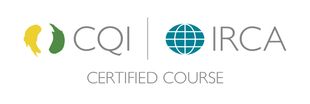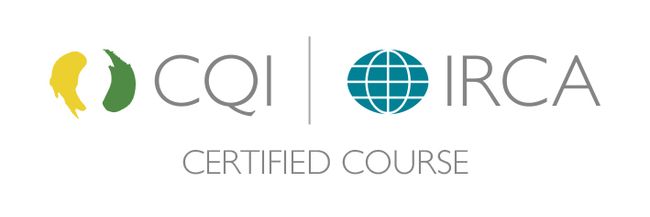ISO 22000:2018 Lead Auditor Training Course (2027)
The aim of this course is to provide delegates with the knowledge and skills required to perform first, second and third party audits of food safety management systems against ISO 22000, in accordance with ISO 19011, ISO 22003 and ISO 17021, as applicable.




Course Details
In detail, the training course will provide technical knowledge and practical skills (exercises and role play) to become a competent Lead Auditor, including via the following:
- Providing knowledge about purpose of a food safety management system (FSMS), FSMS standards and business benefits of improved performance
- Plan, conduct, report and follow up an audit of a FSMS to establish conformity with ISO 22000, in accordance with ISO 19011
- Explain the purpose and differences between 1st, 2nd and 3rd party Audits
- The audit process: determination of audit objectives, identification of appropriate personnel, stage 1 and stage 2 audits, conducting on-site audit activities, including preparation of working documents, conducting meetings, gathering audit evidences, audit reporting and audit follow up – theoretically and with practical role play activities.
- Auditing FSMS requirements, including external and internal issues, scope of the FSMS, regulatory and legal requirements, verification of the FSMS policy, evaluation of auditee’s arrangements for planning, operational processes, food safety hazard control processes, management review, continual improvement and management commitments
- Responsibilities of an Auditor
Successful completion of the course (including examination) will result in the issue of a certificate which may be used to support an application to become registered as an IRCA auditor. Being certified as an IRCA auditor is a clear statement that you are a recognized, qualified and capable auditing professional.
Recommended prior knowledge
The course has been designed for food safety professionals seeking an understanding of knowldge and skills needed to audit effectively against ISO 22000. Knowledge about the core elements of management systems, the PDCA-cycle, the principles of FSMS, PRPs, HACCP, national and local FSMS legislation and the requirements of ISO 22000, gained by e.g. attendance in a FSMS foundation course are essential.